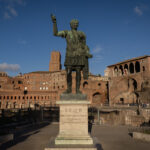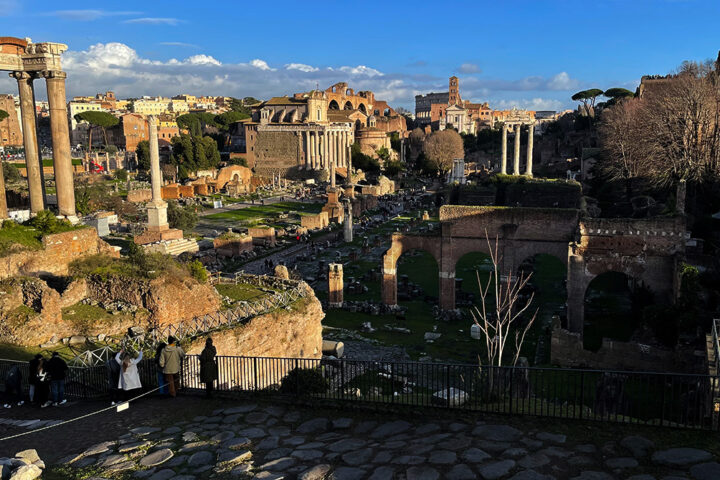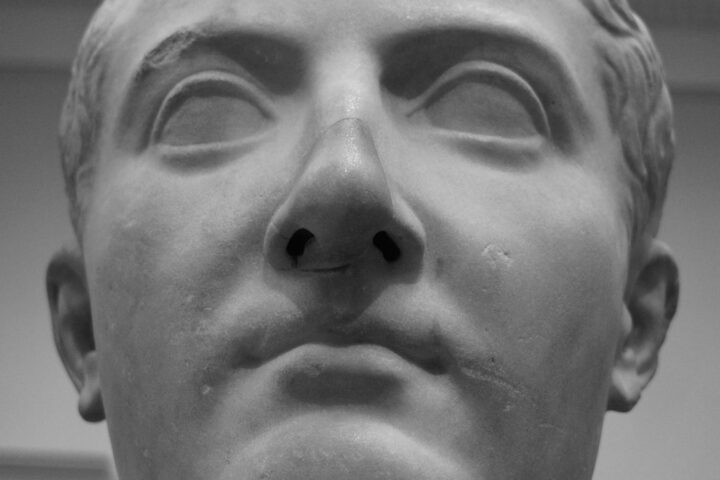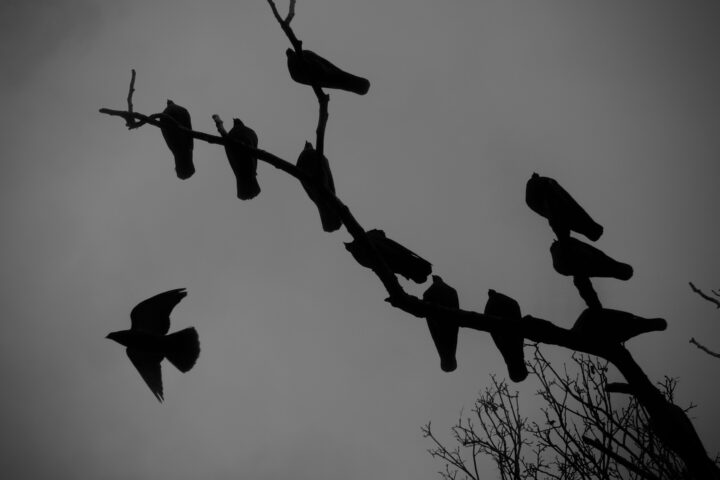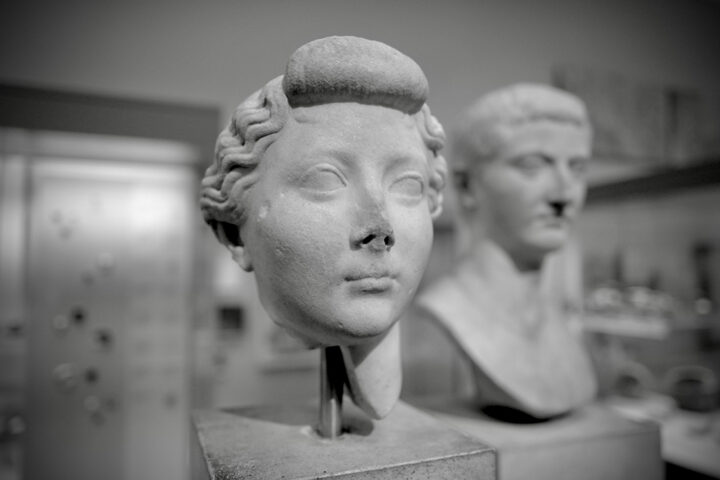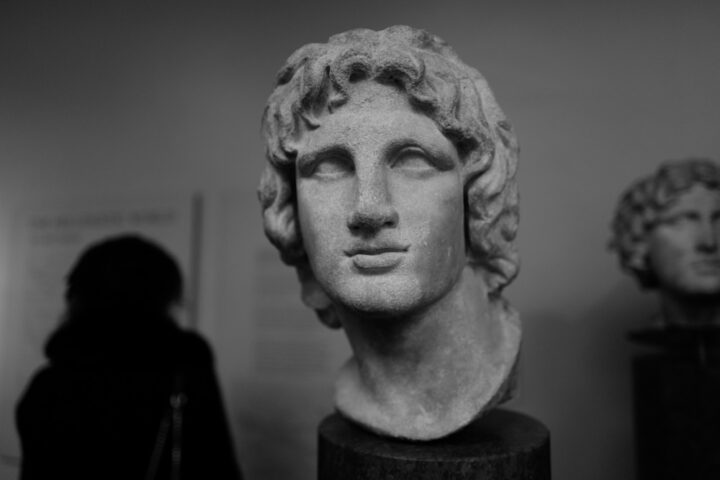In the big picture of global politics, democracy shines as a symbol of freedom. But this very success makes some autocratic leaders feel anxious as they want to keep all the power in their hands. Their usual sneaky tactic is to mess up democratic systems elsewhere. Instead of using armies, for which ever reason, they prefer to play a clever game with political, economic, and social strategies to weaken democracies.
A favourite trick of autocrats is spreading misinformation and use of propaganda. In today’s world, where news travels super fast, sharing fake stories can make people lose trust in democratic systems. The constant repetition of lies masked as truths creates widespread confusion, which allows the perpetrators to achieve their goals. These leaders exploit social media and news sites to spread confusion. They aim to confuse people and undermine sound democratic decision-making by spreading false and misleading information.
Money is another tool they like to use. By making strategic investments and forming economic partnerships, autocrats aim to gain influence over democracies in a subtle way. When countries depend on them for energy, trade, or infrastructure, it gives autocrats a way to influence political decisions. While these actions may appear friendly, their true objective is to undermine democratic policies through external influence.
Political trickery is also common. Autocrats often quietly support political groups or parties that share their values. They channel resources to these groups, trying to sway elections and cause conflict within democratic nations. This could be through funding campaigns, giving strategic advice, or even interfering directly in election processes.
Autocrats also exploit existing divides in society. They exploit ethnic, religious, or social differences to incite division and chaos. This undermines the unity required for democratic rule and encourages calls for more authoritarian solutions. By causing these divisions, they reduce the ability of people to come together under democratic ideals.
On top of that, cyberattacks are a growing threat. Autocratic regimes might target a country’s critical systems to disrupt services and shake public confidence in democratic governments. These stealthy cyber threats remain hidden until they unleash chaos, allowing autocrats to destabilize democracies discreetly.
So, it’s clear this isn’t just about land—it’s a battle for the hearts and minds of societies. Democracies need to be watchful and flexible, maintaining openness and encouraging civic participation to counteract these threats. By strengthening their core values, democracies can better protect themselves from these tactics.




